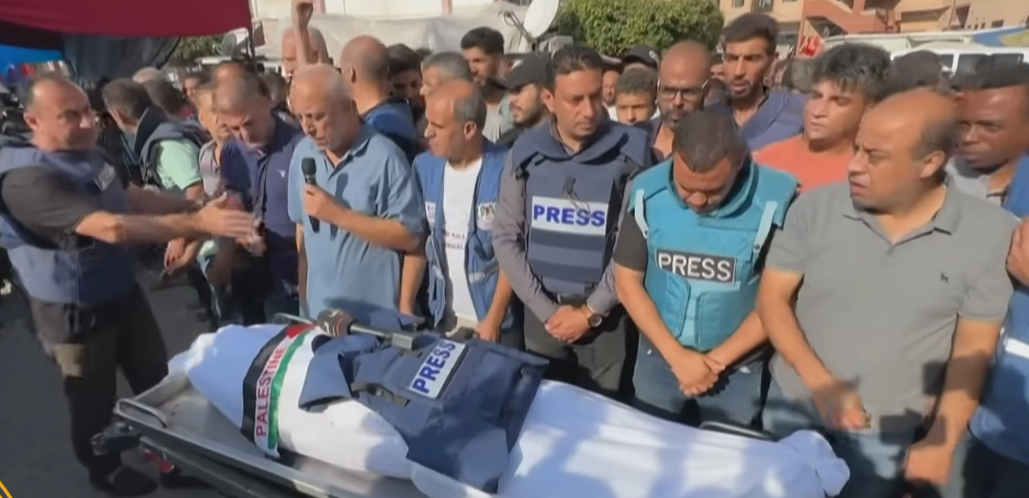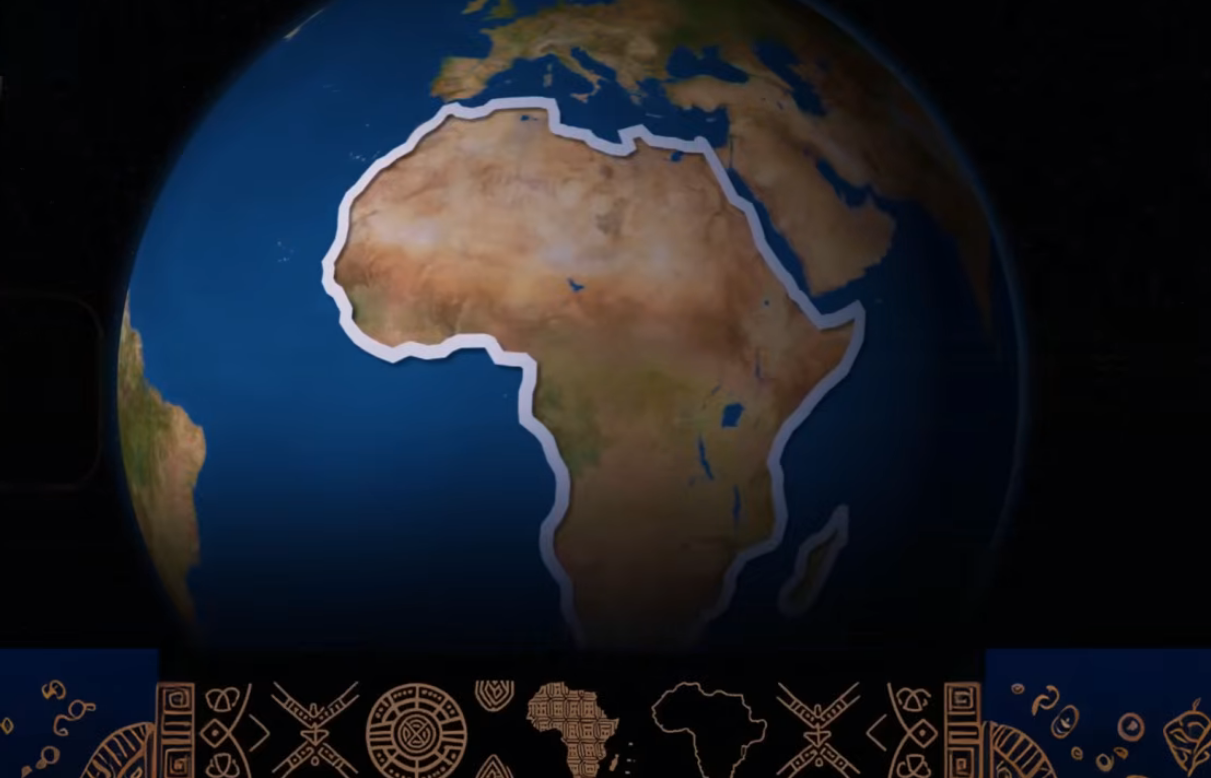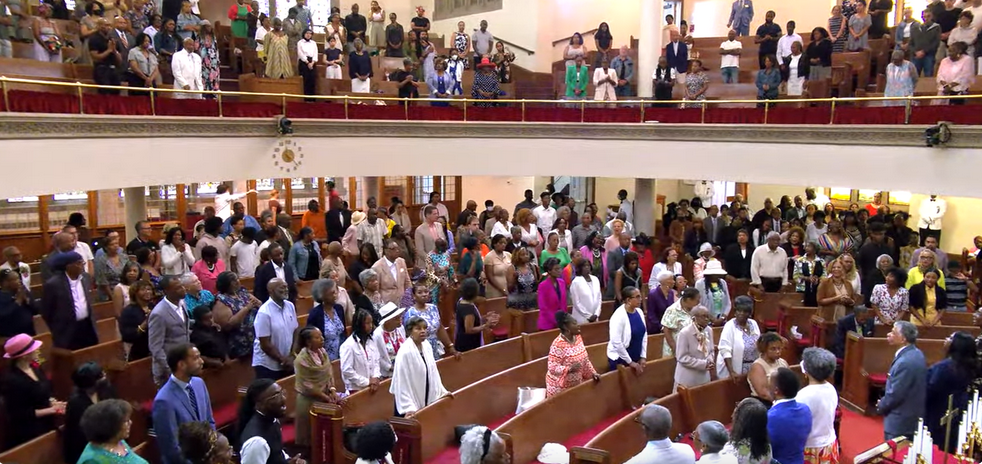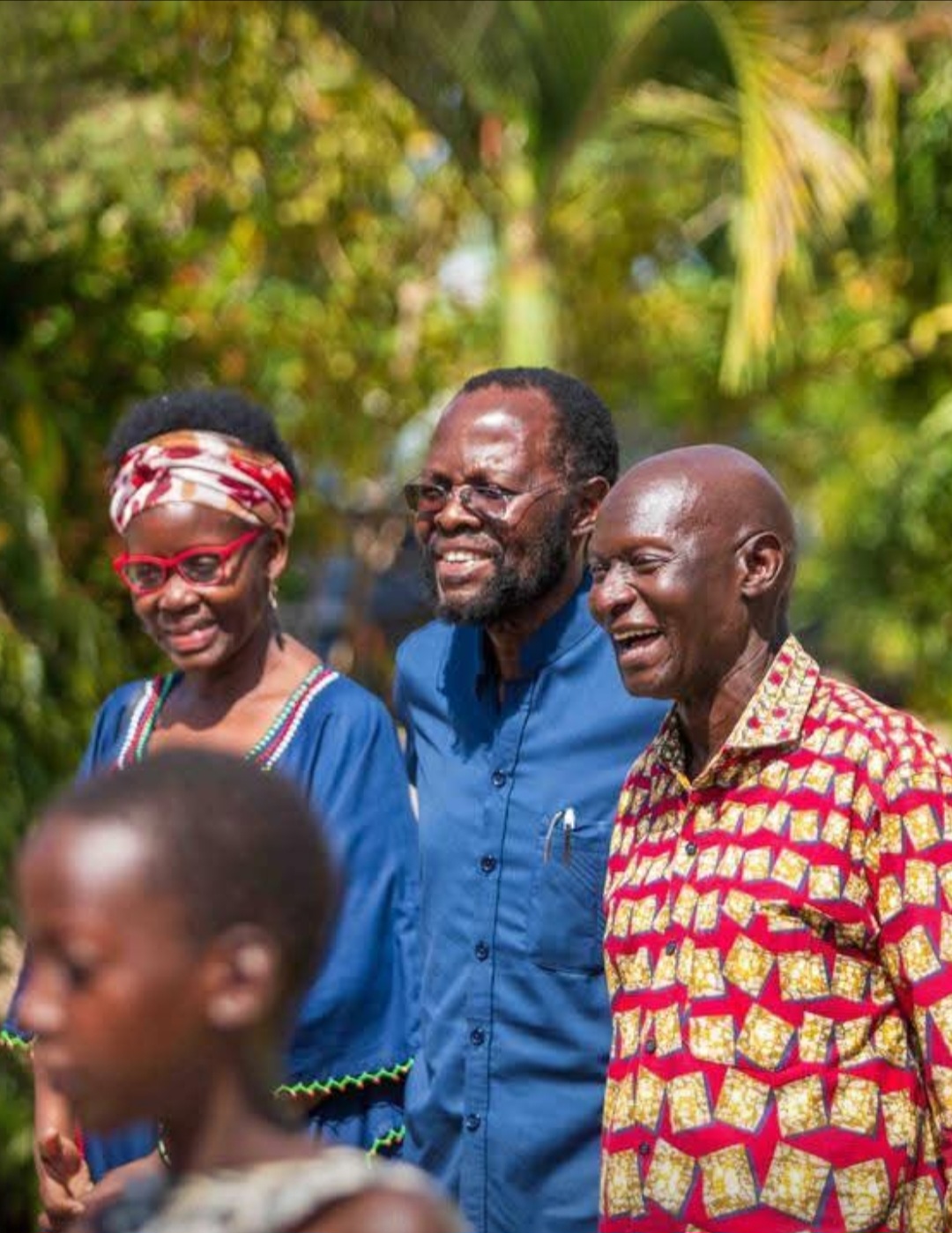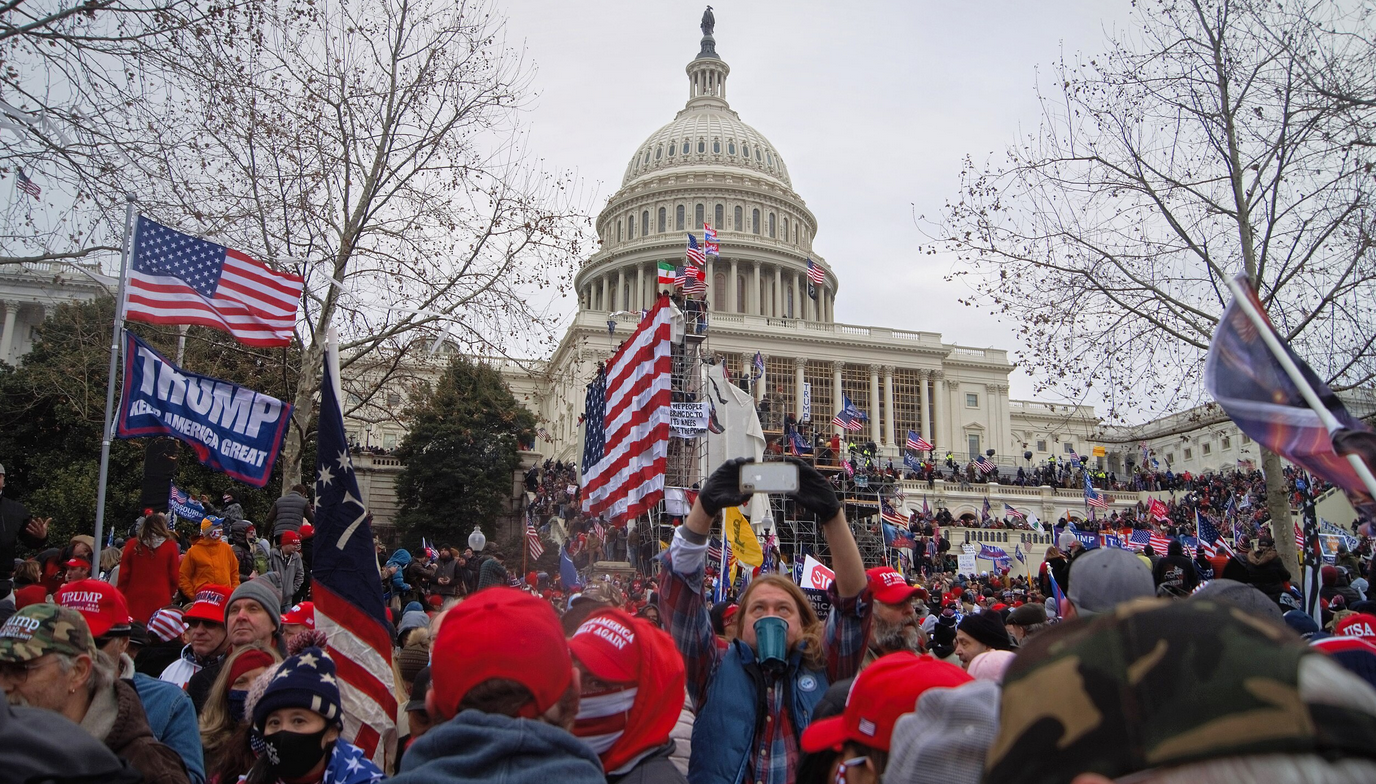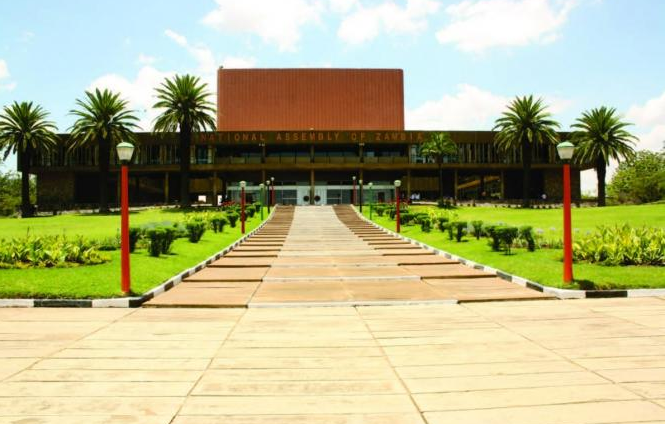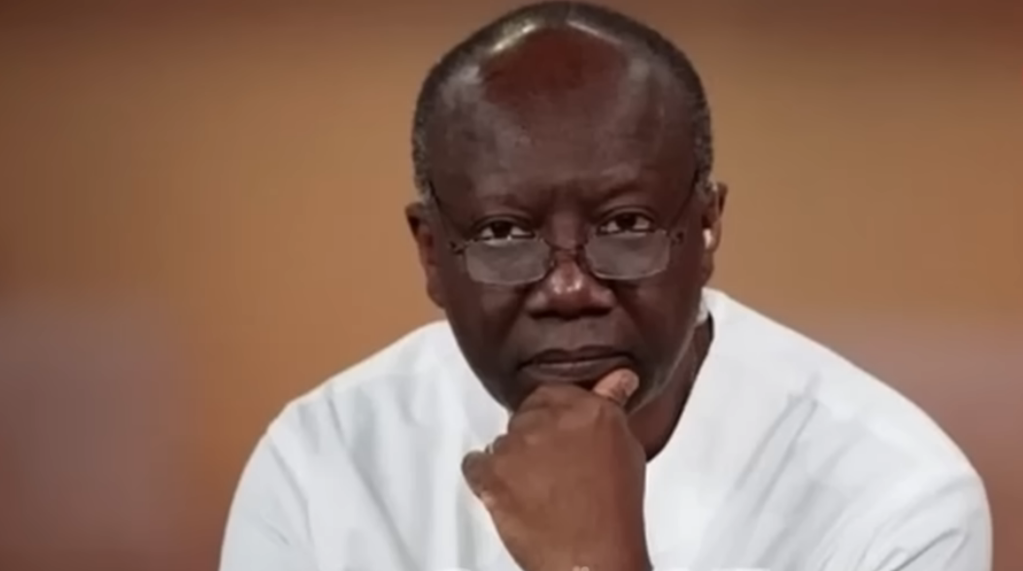By Committee To Protect Journalists
Photos: CPJ\YouTube Screenshots
New York, August 14, 2024—The Committee to Protect Journalists calls on Israel to stop making unproven claims that journalists slain by its forces are terrorists or engaging in militant activity, and demands international, swift, and independent investigations into these killings.

“Even before the start of the Israel-Gaza war, CPJ had documented Israel’s pattern of accusing journalists of being terrorists without producing credible evidence to substantiate their claims,” said CPJ Program Director Carlos Martínez de la Serna. “Smear campaigns endanger journalists and erode public trust in the media. Israel must end this practice and allow independent international investigations into the journalists’ killings.”
Since the war began on October 7, 2023, Israel has used questionable and sometimes contradictory evidence to label at least three journalists killed by the Israel Defense Forces (IDF) as members or suspected members of militant organizations. Before the war, CPJ’s 2023 “Deadly Pattern” report also detailed examples of five unsubstantiated claims of terrorism or militant activity against journalists killed by Israeli forces between 2004 and 2018.
Those labeled by Israel include:
- Al Jazeera correspondent Ismail Al Ghoul, killed along with freelance camera operator Rami Al Refee near Gaza City by an Israeli drone strike on July 31, 2024. The IDF alleges that Al Ghoul was an engineer in the Hamas Gaza Brigade and a member of Hamas’s Nukhba special forces who had taken part in the deadly Hamas October 7 raid that started the Israel-Gaza war. The Israel Defense Forces published a document—which they said was a record of Hamas’ military activity from 2021 discovered on a Hamas computer—as proof of their accusations.
Al Jazeera has refuted all accusations against Al Ghoul. The outlet questioned the authenticity of the IDF-produced document, which contained contradictory information showing that Al Ghoul, born in 1997, received a Hamas military ranking in 2007—when he would have been 10 years old. The document also indicated that Al Ghoul joined Hamas’ military wing in 2014, at the age of 17.
Al Jazeera also pointed out that the IDF released Al Ghoul after detaining him during the army’s March 18, 2024, raid on Al-Shifa hospital, which Al Jazeera said disproved the IDF’s “false claim of his affiliation with any organization.” The IDF did not respond to a Washington Post question about why it cleared Al Ghoul for release at that time.
The IDF statement did not address the killing of Al Refee, and its North America Desk has not responded to CPJ’s request for comment on Al Refee and why they released Al Ghoul after the Al-Shifa raid.
On August 6, U.N. Special Rapporteur on freedom of opinion and expression Irene Khan denounced Israel’s “deliberate targeting” of the two journalists and urged the International Criminal Court to move swiftly to prosecute the killings of journalists in Gaza as a war crime. “The Israeli military seems to be making accusations without any substantive evidence as a licence to kill journalists, which is in total contravention of international humanitarian law,” said Khan.
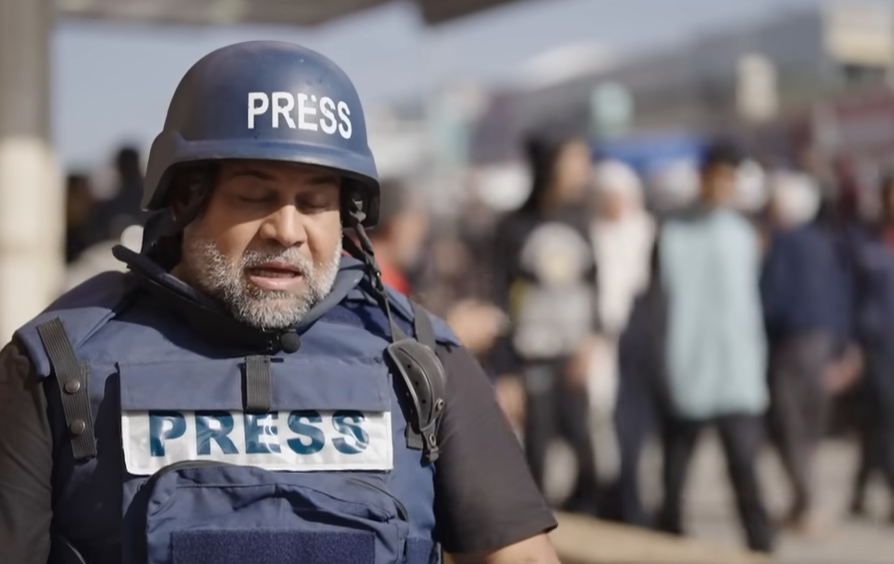
- Al Jazeera journalist Hamza Al Dahdouh and freelancer Mustafa Thuraya, killed in an Israeli strike on January 7, 2024. Israel alleged that they were terrorists operating a drone “posing a threat” to IDF soldiers. A Washington Post analysis of their drone footage from that day found “no indications that either man was operating as anything other than a journalist that day.” The available footage shows that the journalists did not film any IDF troops, aircraft, or military equipment, nor were there any indications of IDF troops in the vicinity of the area they filmed.
The Washington Post investigation also noted that both journalists passed through Israeli checkpoints on their way to the south early in the war and that Dahdouh had been approved to leave Gaza—“a rare privilege unlikely to have been granted to a known militant.”
- Yaser Murtaja, a photojournalist for Gaza-based media production company Ain Media killed by Israeli fire in 2018, was labeled by then-Defense Minister Avigdor Liberman as “a member of the military arm of Hamas who holds a rank parallel to that of captain, who was active in Hamas for many years”—a claim repeated on Twitter, now called X, by two spokespeople for Israeli Prime Minister Benjamin Netanyahu. However, Liberman never provided evidence, and The Washington Post reported that Murtaja had been vetted by the U.S. government to receive a U.S. Agency for International Development grant to support Ain Media.
- Hussam Salama and Mahmoud al-Kumi, camera operators for Al-Aqsa TV killed in 2012, were said by Israel to be “Hamas operatives.” A Human Rights Watch investigation found no proof that the two were militants, noting that Hamas did not publish their names in its list of fighters killed. After CPJ called for evidence to justify the attack, the spokesperson for the Israeli embassy in Washington, D.C., responded two months later with a letter accusing Al-Aqsa TV of “glorifying death and advocating violence and murder.”
- Hamid Shihab, a driver for the Gaza-based press agency Media 24, was transporting weapons in a car marked “TV” when he was killed in an IDF airstrike in 2014. The IDF provided no evidence that Shihab was a member of Hamas, saying that “in light of the military use made of the vehicle for the purposes of transporting weaponry, the marking of the vehicle did not alter the lawfulness of the strike.”
- Mohamed Abu Halima, a student journalist for a radio station at Nablus’ An-Najah National University, was fatally shot by Israeli forces in 2004. Israel said he had opened fire on Israeli forces, but Abu Halima’s producer said that he was on the phone with the journalist moments before he was shot, and Abu Halima had been simply describing the scene around him.
In the current war, CPJ has documented the killings of 113 journalists and media workers as of August 14, 2024. A total of 111—109 Palestinians and two Lebanese journalists—have been killed by Israeli forces, while two Israeli journalists were killed by Hamas in their October 7 raid into Israel.
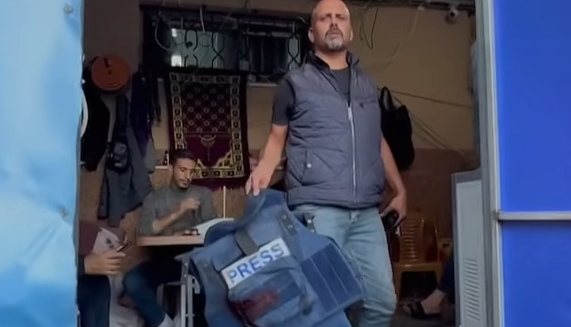
CPJ calls for independent access to Gaza, investigations, an end to smears
CPJ has repeatedly called on Israel to end its ban on international journalists traveling independently into Gaza—an obstruction that hinders reporting on the war and investigations into the killing of Palestinian journalists.
CPJ now also calls on Israel to:
- Immediately stop its long-standing practice of labeling journalists as terrorists or engaging in militant activity, without providing sufficient and reliable evidence to support these claims, as a means of justifying its targeted killing and wider mistreatment of journalists and media workers.
- Retract claims if it cannot substantiate accusations that journalists were involved in terrorist/militant activities.
CPJ also calls on the international community to condemn Israel’s smear campaign against journalists and to ensure that allegations of war crimes or international human rights abuses committed against journalists are investigated in accordance with internationally accepted practices, such as the Minnesota Protocol. The protocol establishes that under international law, the duty to investigate a potentially unlawful death entails an obligation that the investigation be prompt; effective and thorough; independent and impartial; and transparent.
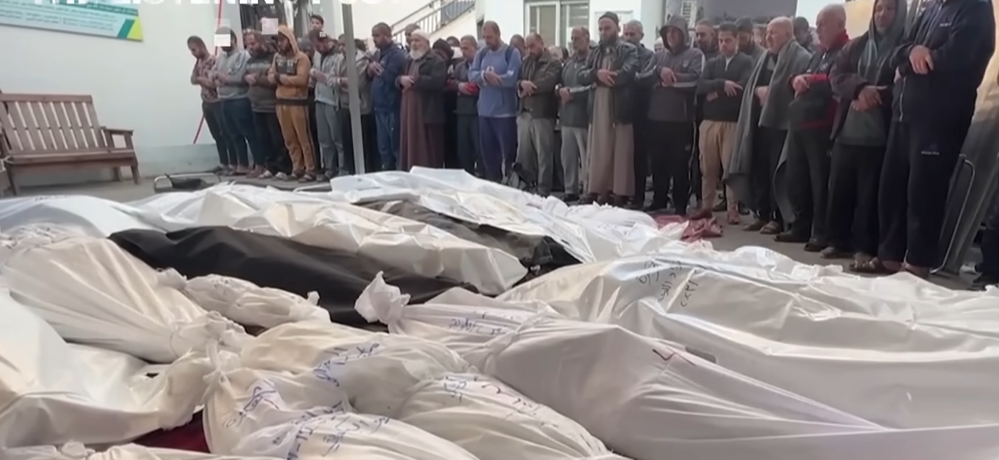
About the Committee to Protect Journalists
The Committee to Protect Journalists is an independent, nonprofit organization that promotes press freedom worldwide. We defend the right of journalists to report the news safely and without fear of reprisal.
